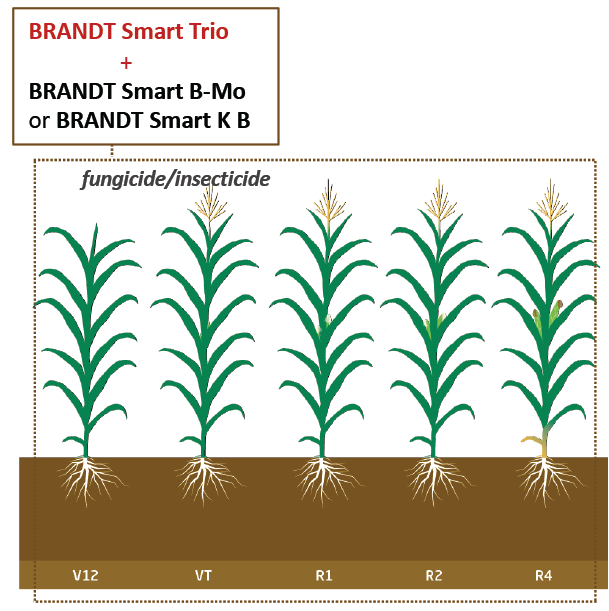Corn Nutrition Guide
March 14, 2022
Thanks for tuning in to our Corn Fertility Program Webinar! Senior Agronomist, Ed Corrigan, has put together his recommendations for key nutrients needed at each growing stage for corn, that you can take to the field this season.
What You’ll Learn
- What nutrients are important to corn
- What role those nutrients play in corn production
- When to apply these nutrients
- Which products can help you accomplish your goals
In the video above, Ed will walk you through each growth stage for corn. Below, you’ll find a summary of the information as well as some other helpful tips and tools.
Questions?
If you have any questions at all about this information presented to you, BRANDT is always glad to help. Click or tap the button below to get in touch with a BRANDT expert.
Do you think BRANDT’s products are the right fit for your operation? Click or tap the button below to find a retailer that sells BRANDT products near you.
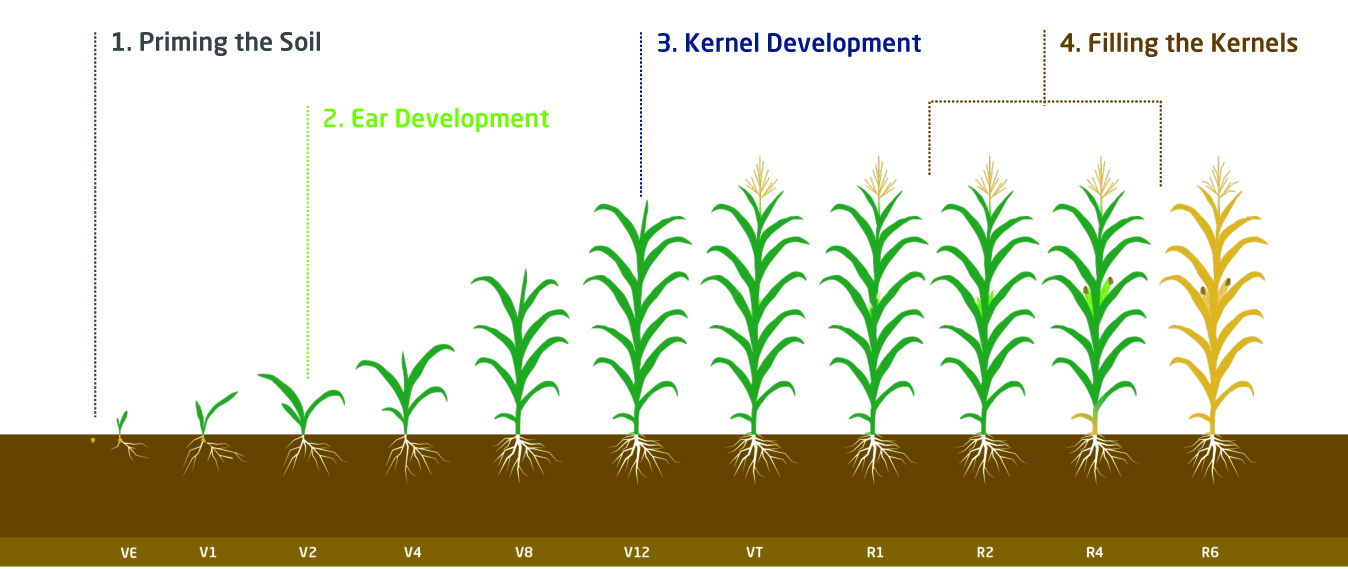
4 Goals for Corn Fertility
We've broken this fertility program into four goals that a grower should try to accomplish to optimize yield and set up the crop for a good yield next year. Within each of these goals we're going to focus on the role various plant nutrients play during those stages of crop development.
- Priming the soil
- Ear development
- Kernel development
- Filling the kernels
Priming the Soil
Provide a Nutrient Rich Soil for Germination – N, P, S
- Loosening Soil Nutrient Bonds
- Stimulate the Soil Biome
- Prime the Soil with Enzymes
Key Nutrients
- Nitrogen
- Potassium
- Phosphorus
- Sulfur
- Zinc
Products and Timing
- BRANDT EnzUp Zn LS 1 qt/a (4% Zn)
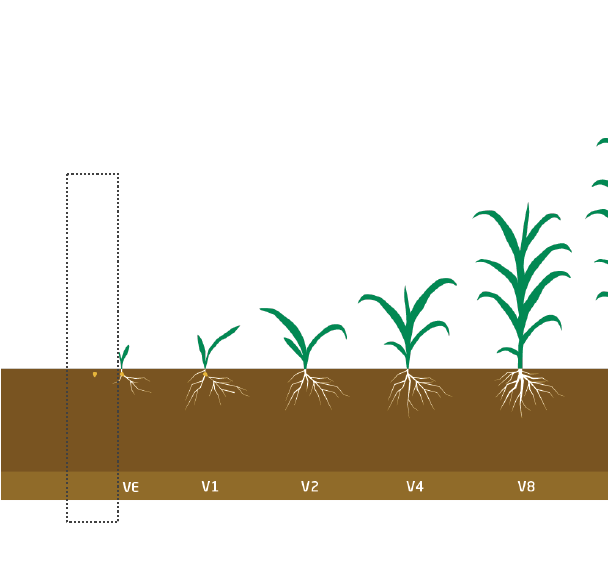
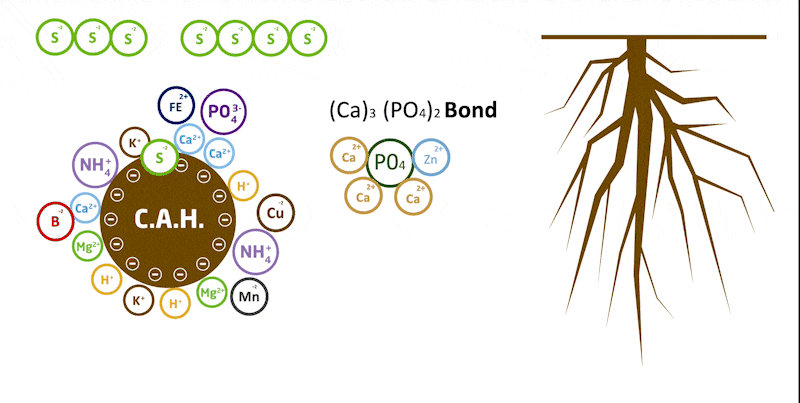
Releasing “Bonded” or Tied up Soil Nutrition in Cold Soils
Apply Nitrogen, Phosphorous, and Sulfur to the Soil
- Phosphorus
- Calcium
- Magnesium
- Manganese
- Zinc
- Iron
- Copper
- Boron
- Stimulate Residue Decomposition and Soil Mineralization
BRANDT® EnzUp®Enzymes Increases Microbial Activity
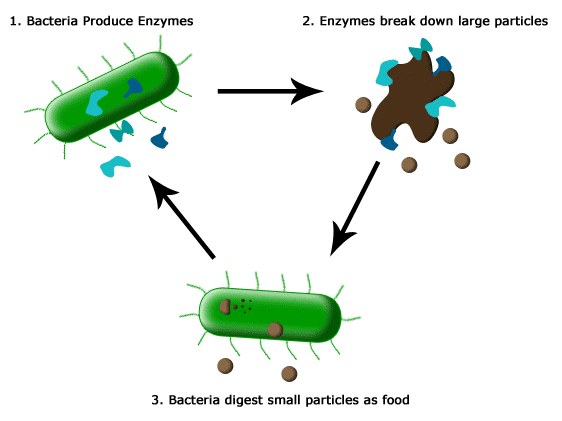
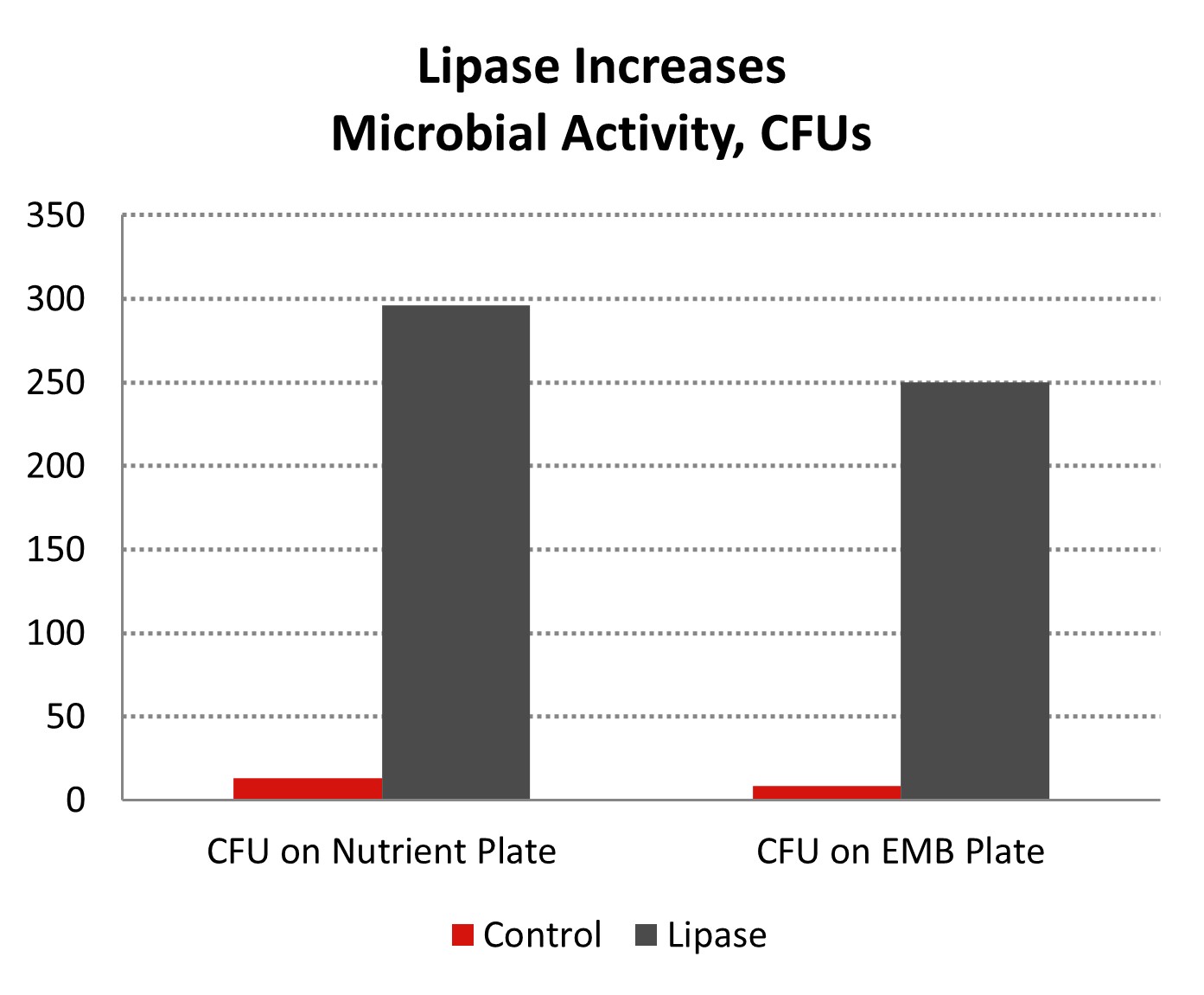
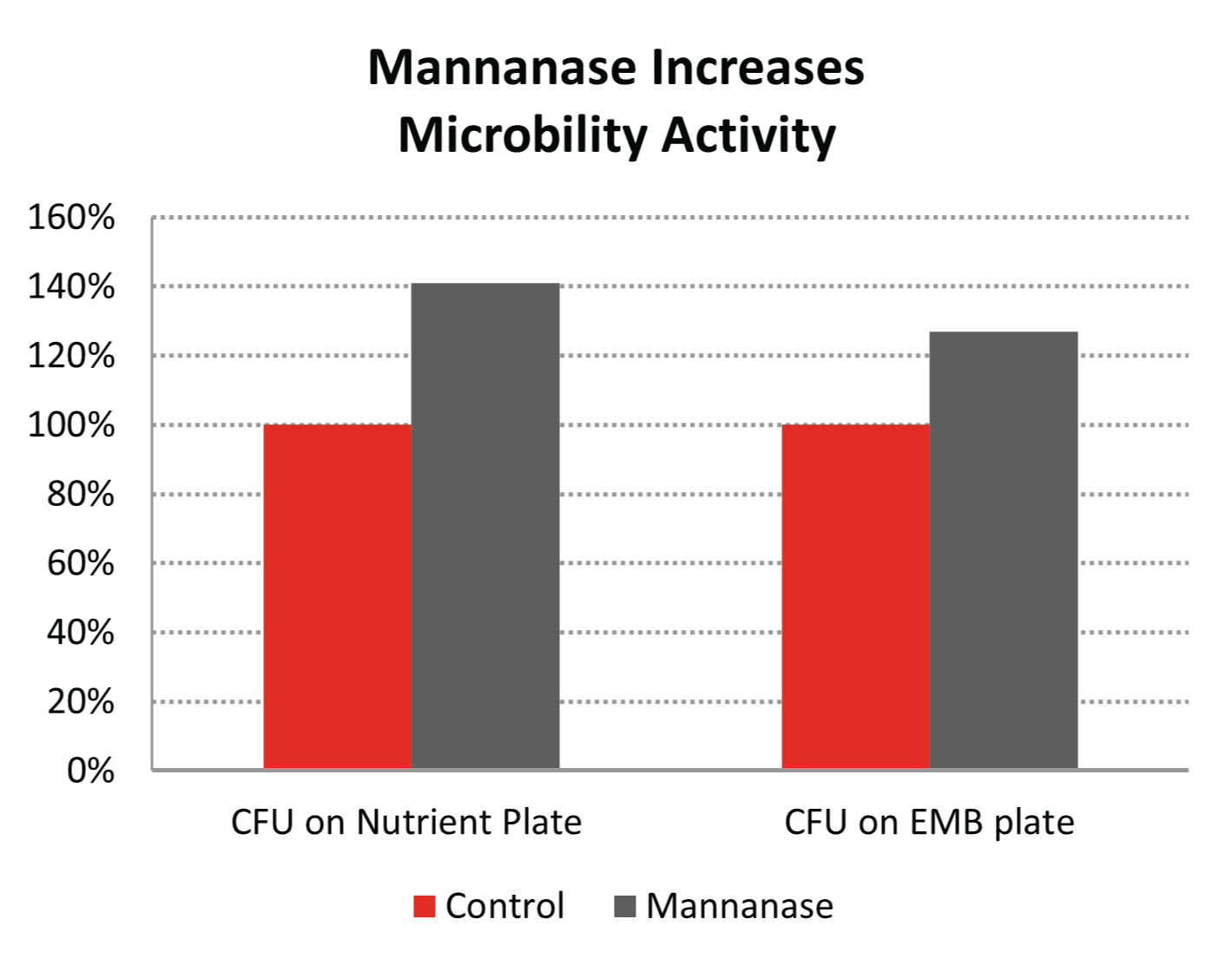
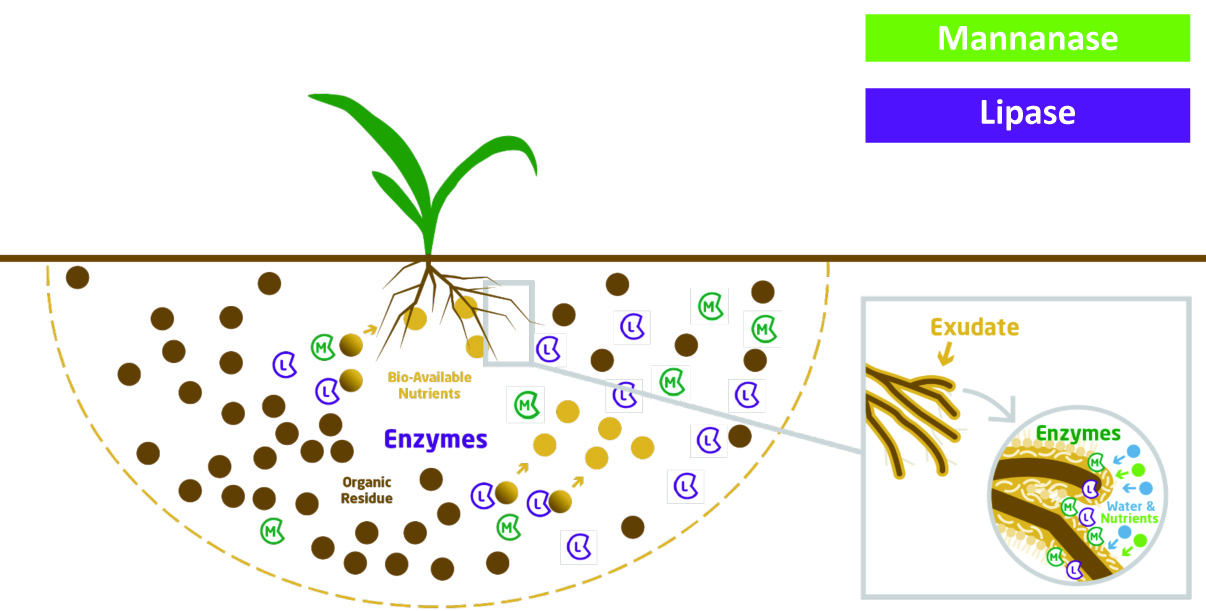
Priming the Soil with BRANDT EnzUp Technology
- MANNANASE: Breaks down exudates around root tip and organic carbon, which releases sugars and improves water and nutrient uptake
- LIPASE: Breaks down lipid portion of organic matter into smaller more digestible units, potentially also mineralizing N and P into plant available forms.
BRANDT EnzUp Zn Trials
2019 Corn Data – Plant Vigor – 20 Test Locations
- Root Mass (4.3% Increase)
- Stalk Diameter (4.2% Increase)
- Height (5.1% Increase)
Data is Significant at a 95% Confidence Level
- 2019, 20 trial locations
- Starter + 1 qt/ac 9% Zn EDTA vs Starter + 1qt/ac BRANDT EnzUp Zn
- 20 plants measured from each plot and averaged.
- Measurement taken between V3 to V6
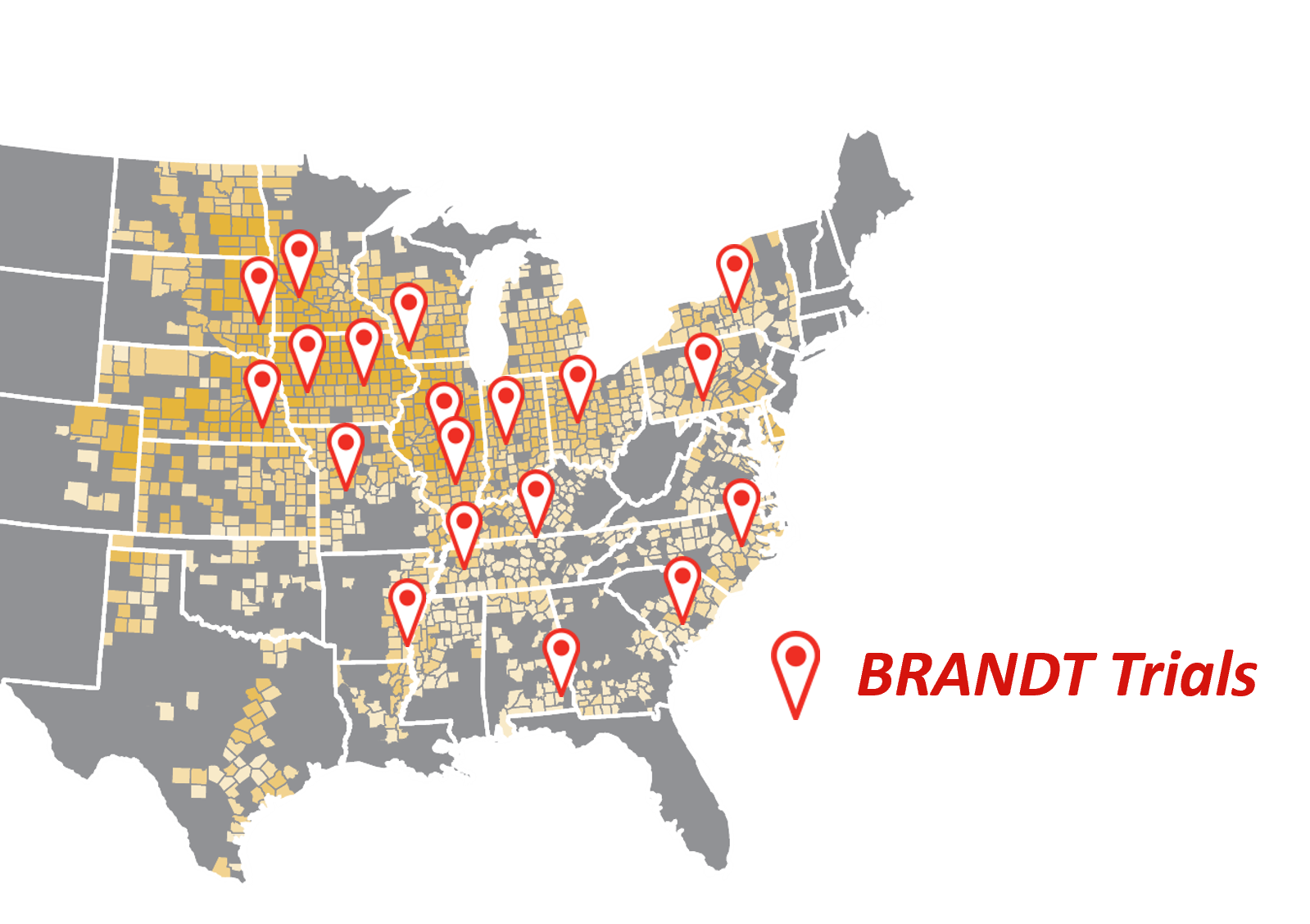
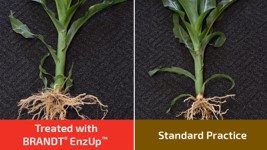
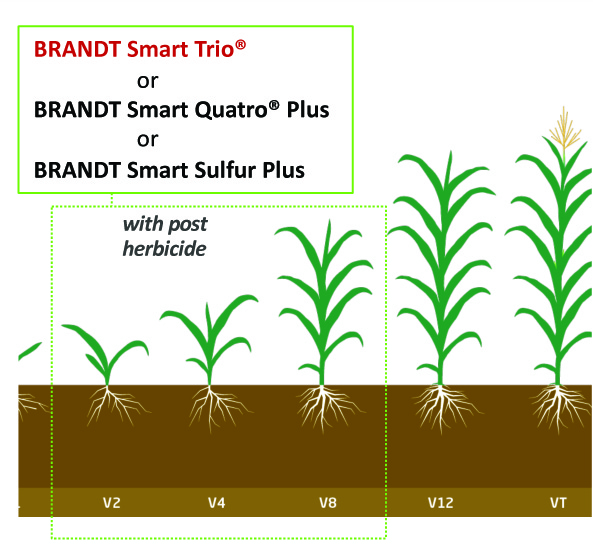
Ear Development
Reducing Corn Plant Stress to Increase Ear Development
- Assist plant to metabolize herbicide
- Reduces abiotic plant stress
- Increase photosynthesis
- Increasing photosynthesis to roots and soil microbes
Key Nutrients
- Zinc #1
- Manganese
- Iron
- Sulfur
- Molybdenum
Products and Timing
- BRANDT Smart Trio 1 -2 qt/a (4% N, 3% S, 0.25% B, 3% Mn, 3% Zn)
- BRANDT Smart Quatro Plus 1 -2 qt/a (5% N, 2% S, 0.5% B, 2% Mn, 0.05% Mo, 2% Zn)
- BRANDT Smart Sulfur Plus 1 -2 qt/a (5% N, 5% S, 0.5% B, 1.5% Mn, 0.05% Mo, 1.5% Zn)
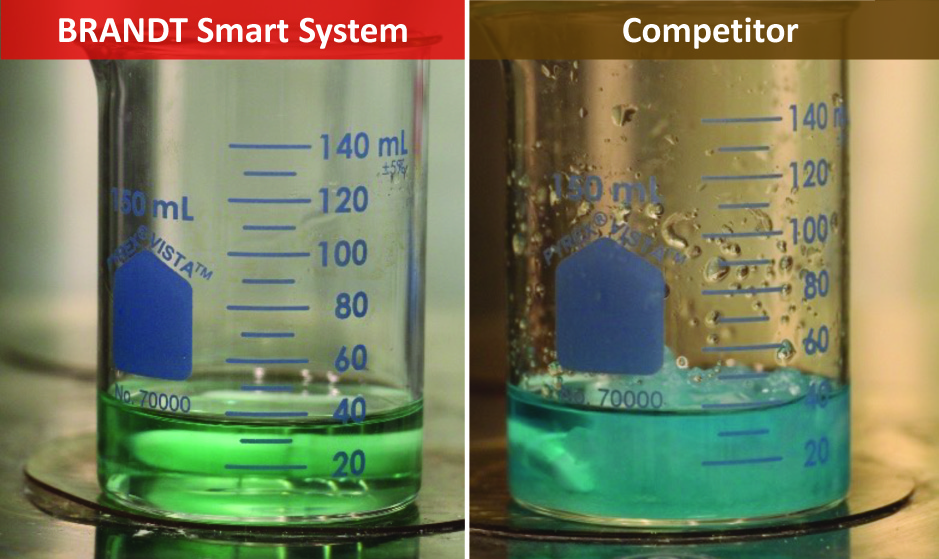
BRANDT® Smart System®
Tank Mix Compatibility with Crop Protectants
- BRANDT Smart System stays compatible
- Truly unique micronutrient protection system
- Not a chelate or a complex
- Re-wettable after dry down on leaf
Foliar BRANDT Smart Trio
Corn Responsive To Foliar Applications up to R2
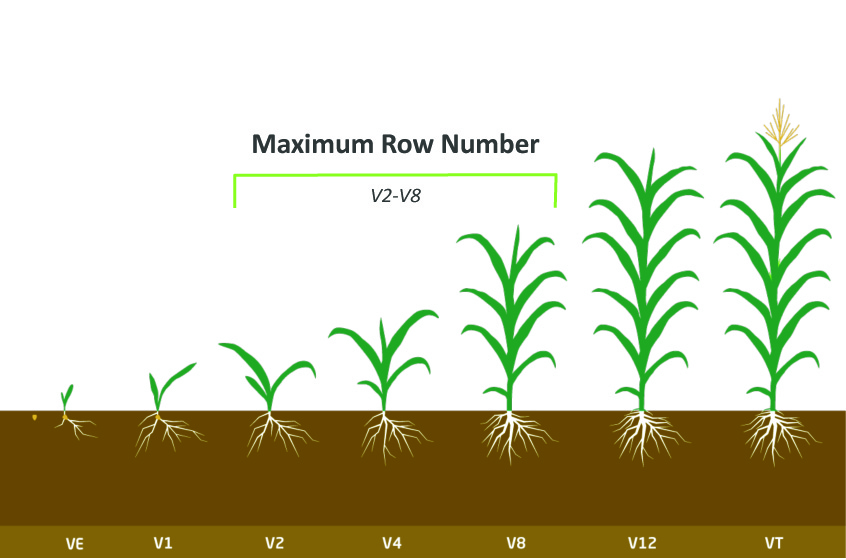
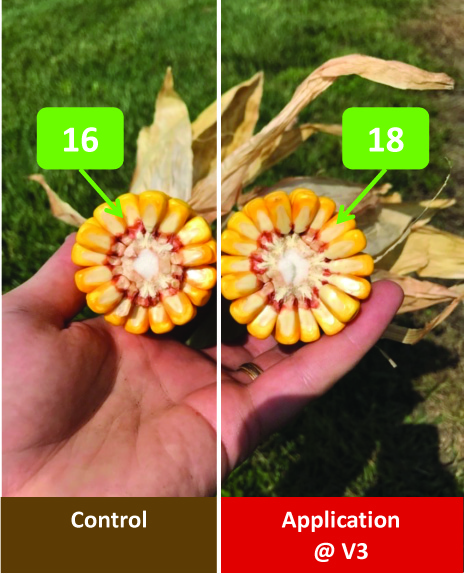
Kernel Development
How to influence reproduction.
- Address "transient" deficiencies
- Improve pollination and kernel set
- Increase nitrogen metabolism
- Increase photosynthesis
Key Nutrients
- Boron
- Potassium
- Molybdenum
Product and Timing
- BRANDT Smart K B 1 qt/a (2% N, 16% K, 2.5% B, 0.2% Mo)
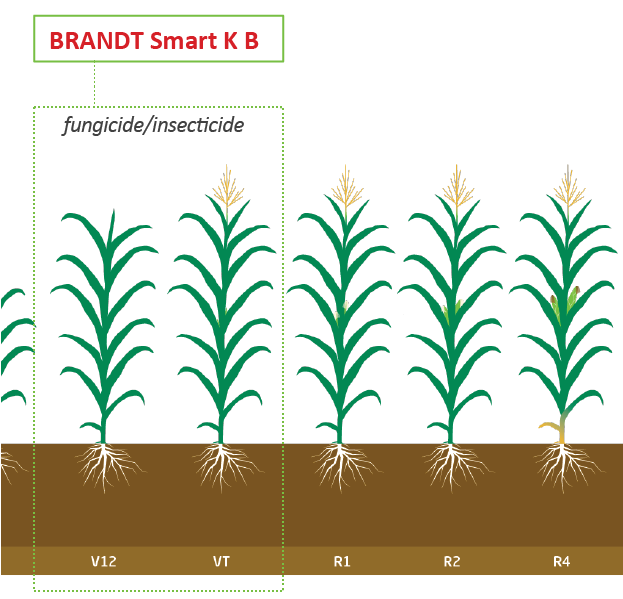
Applying Potassium and Boron Together
Seasonal Boron Uptake
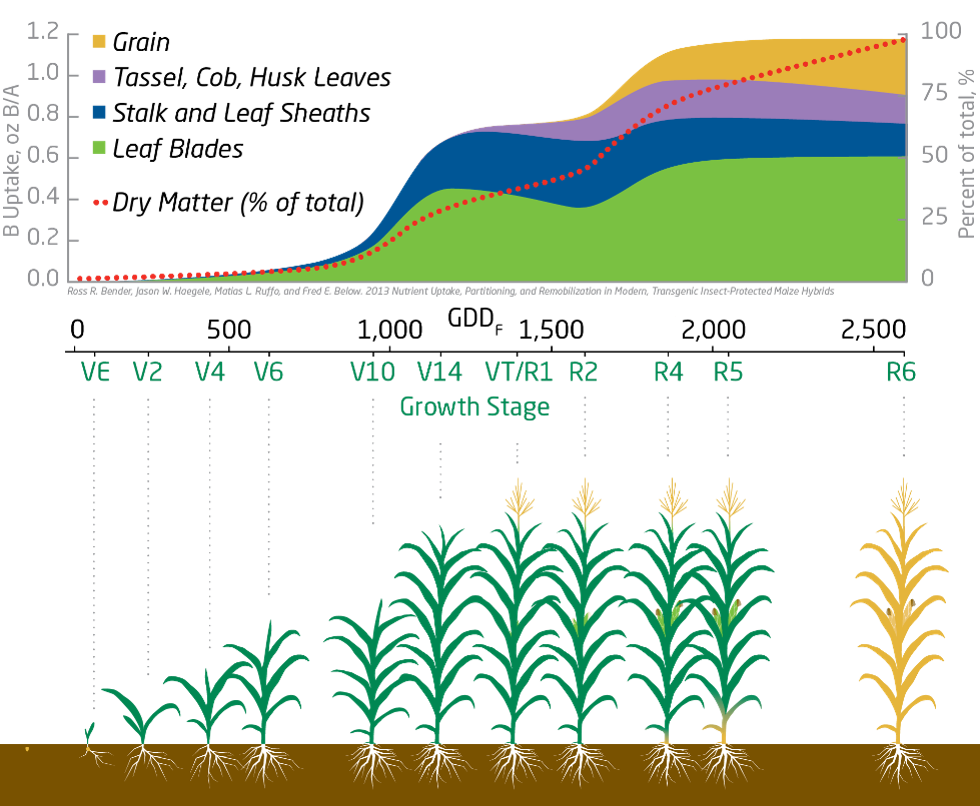
Peak demand for K and B from V10 to V14
Seasonal Potassium Uptake
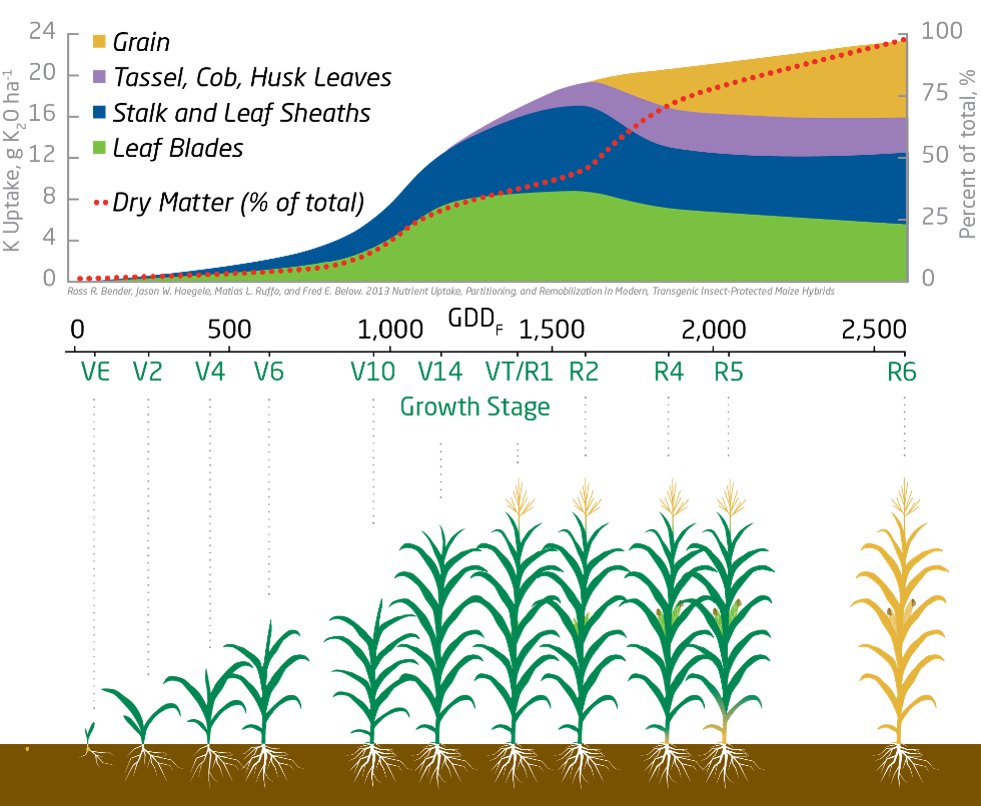
BRANDT Smart B Superior Mobility
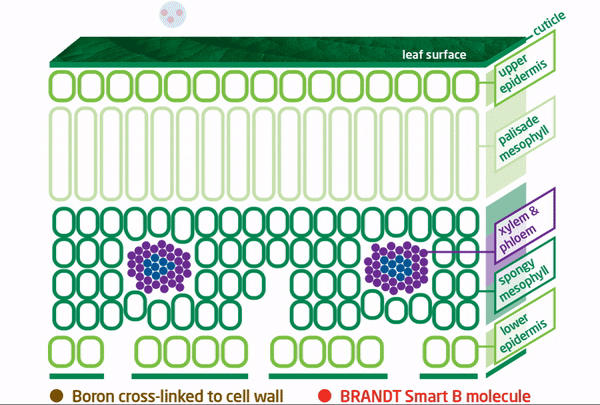
Conventional Boron Tied Up Inside Plant
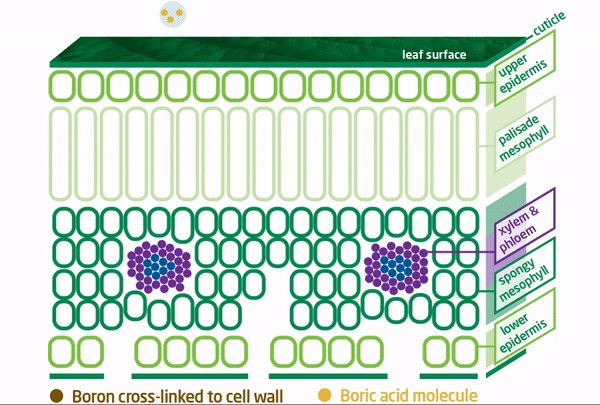
Our Boron Moves!
Typically, once boron has been absorbed by the plant and incorporated into the primary cell walls structures, disassembly, reorganization, and transport of the boron cannot occur resulting in its immobility.
To address this boron mobility issue, BRANDT developed BRANDT Smart B and BRANDT Smart B-Mo to specifically prevent boron from binding with pectins, ensuring that applied boron remains free and mobile for effective travel to plant growth tissues.
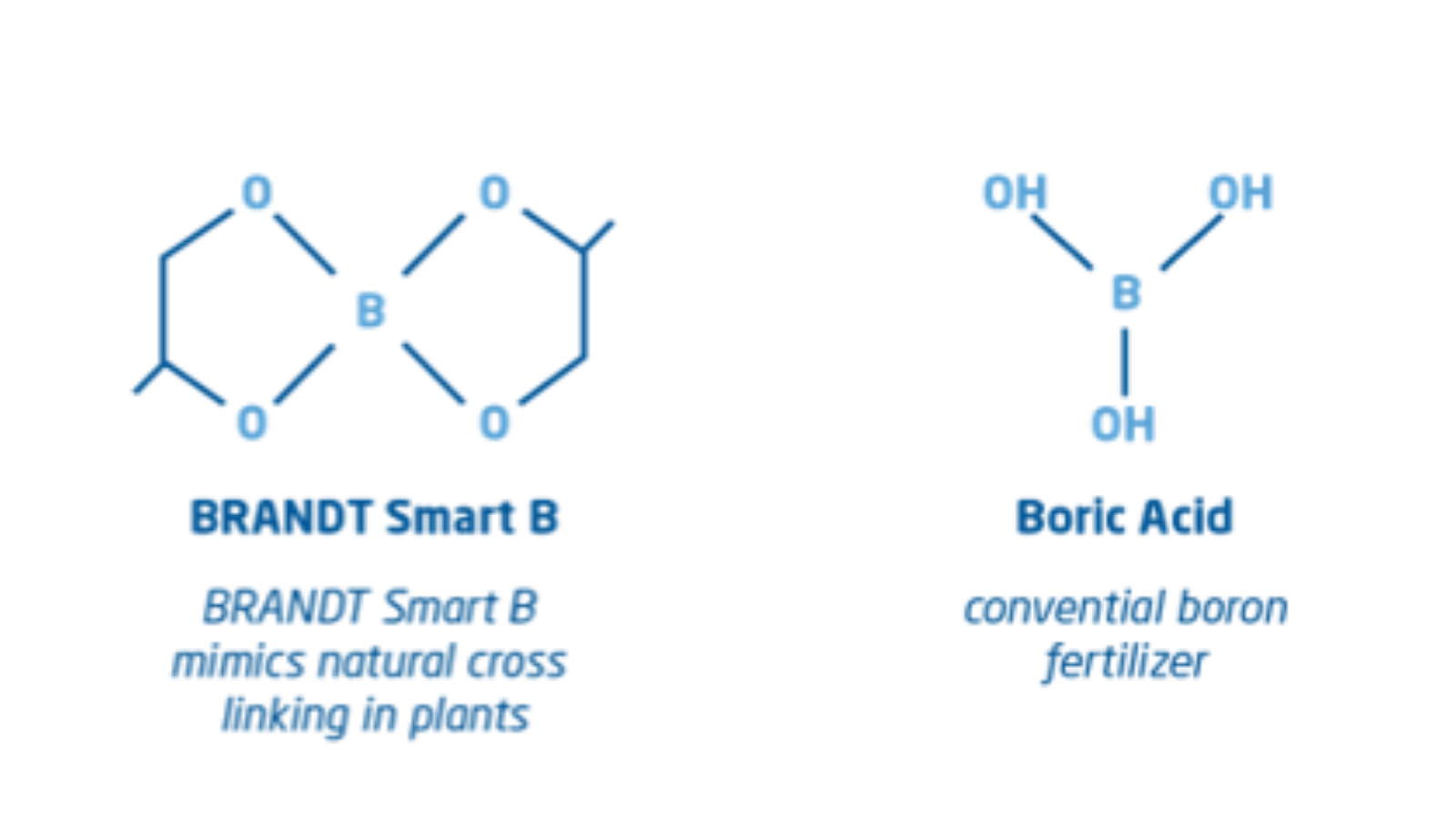
The BRANDT smart boron molecule is cross-linked, which provides a protective “shield” for the boron that significantly increases foliar applied boron mobility. This allows the smart boron molecule(s) access to plant growing points quickly and easily, thereby providing the most benefit.
The molecule structure also allows the formulations to tank mix with other crop chemicals and fertilizers, including calcium, without any compatibility issues.
In contrast, conventional boron fertilizers are not cross-linked with oxygen, which results in less boron availability and less boron at plant growing points
BRANDT Smart K B
2020 Grower Data – 20 Acre Side by Side - V10 to R2 timing
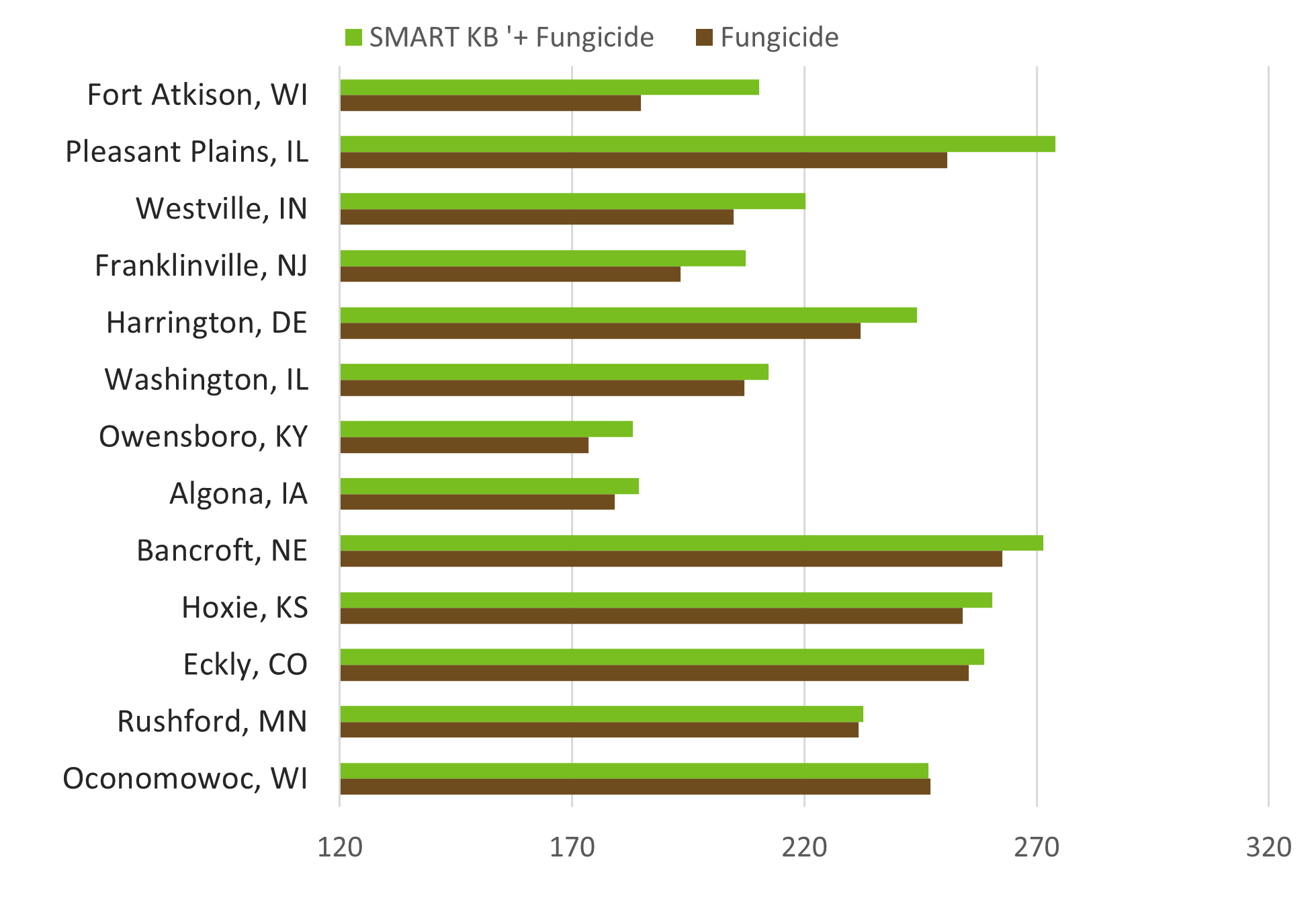
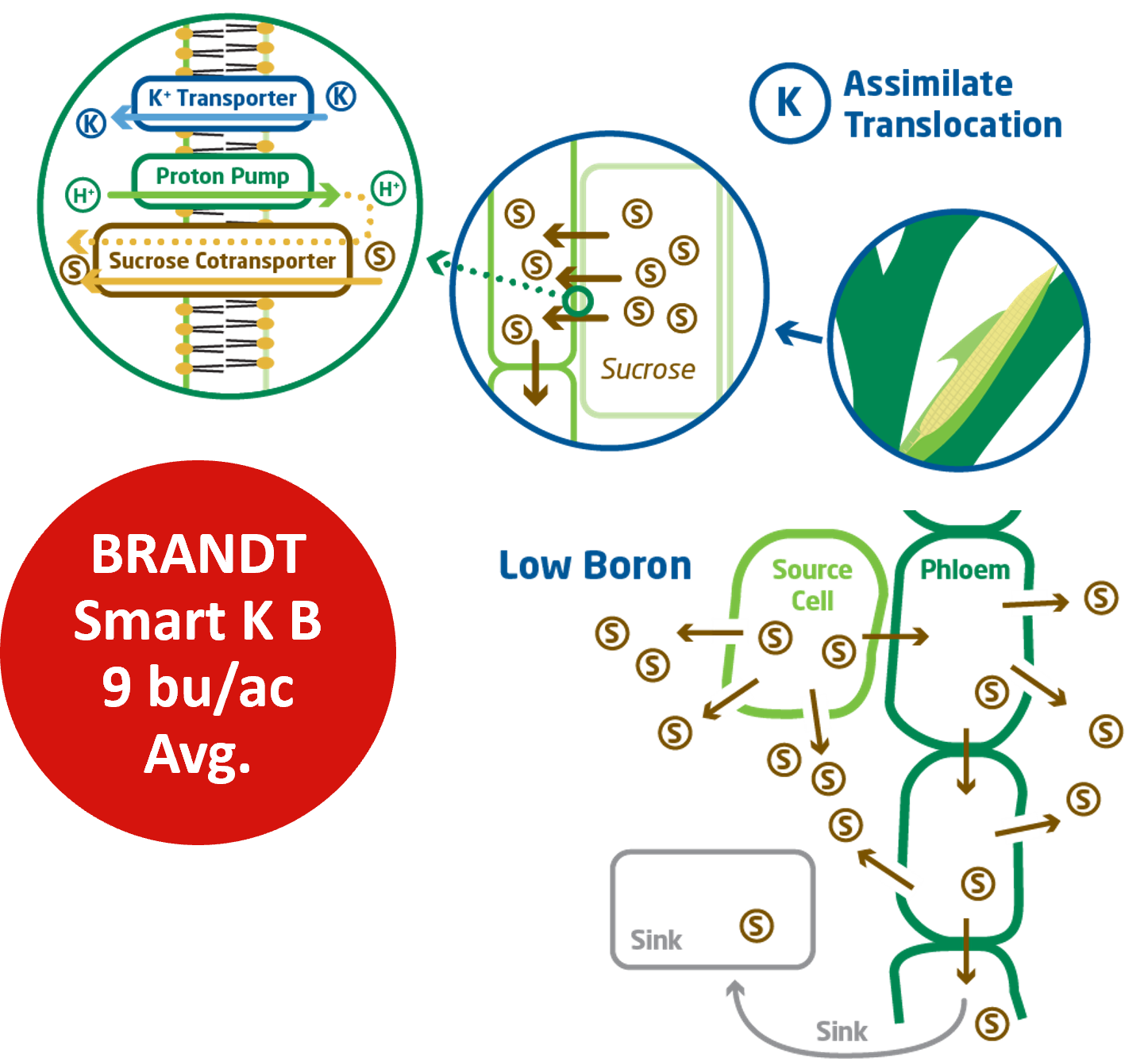
Applied @ V14 Stage - 2020 Pleasant Plains, IL.
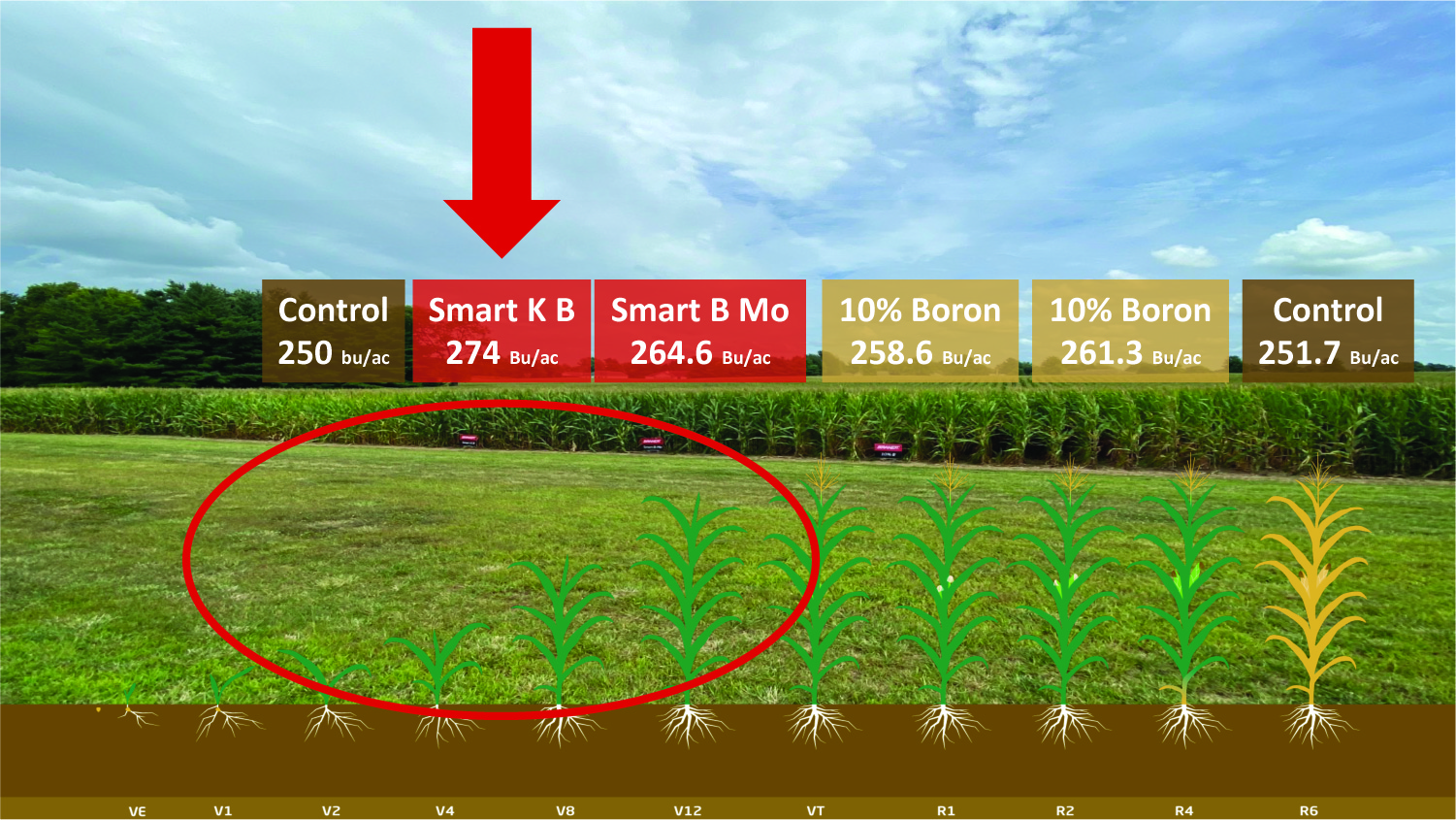
Applied at V10 Stage - Photo on August 23rd 2021
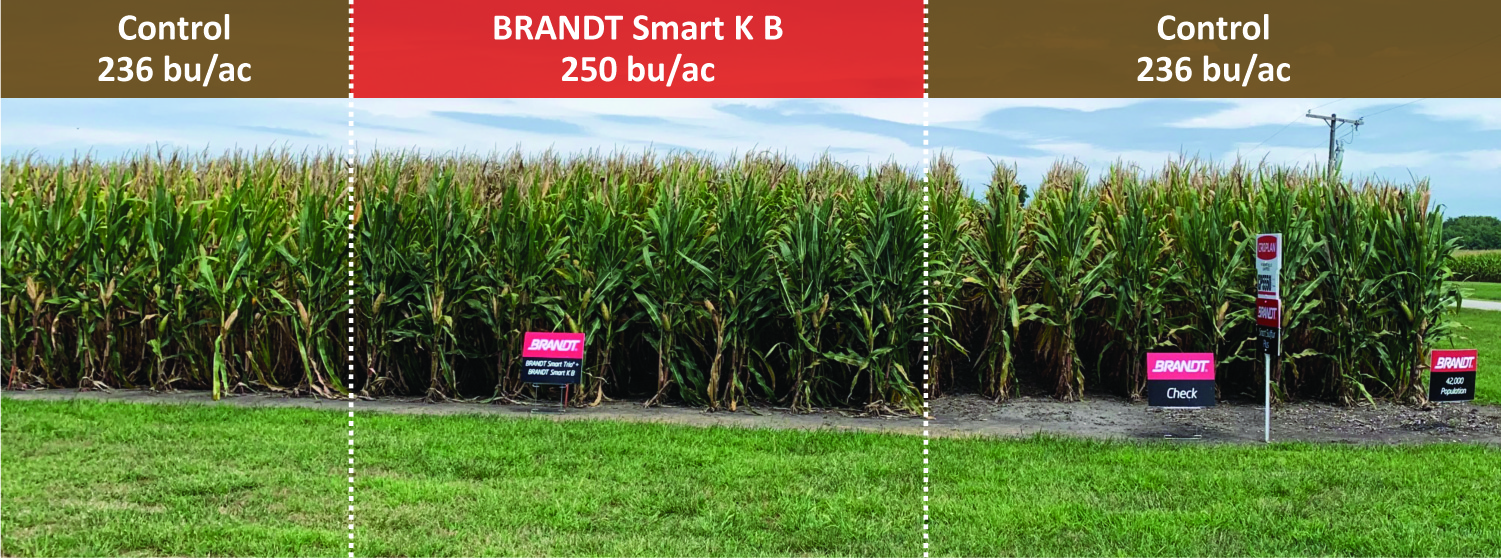
Filling the Kernels
- Improve Photosynthesis
- Maintain Zinc Levels in Ear Leaf
- Stop Kernel Abortion
- Increase Kernel Weight
- Stop Premature Plant Death
Key Nutrients
- Boron
- Potassium
- Molybdenum
- Zinc
Product and Timing
- BRANDT Smart Trio 1 -2 qt/a (4% N, 3% S, 0.25% B, 3% Mn, 3% Zn)
- BRANDT Smart B- Mo 1 pt/a (5% B, 0.5% Mo)
- BRANDT Smart K B 1 -2 qt/a (2% N, 16% K, 2.5% B, 0.2% Mo
